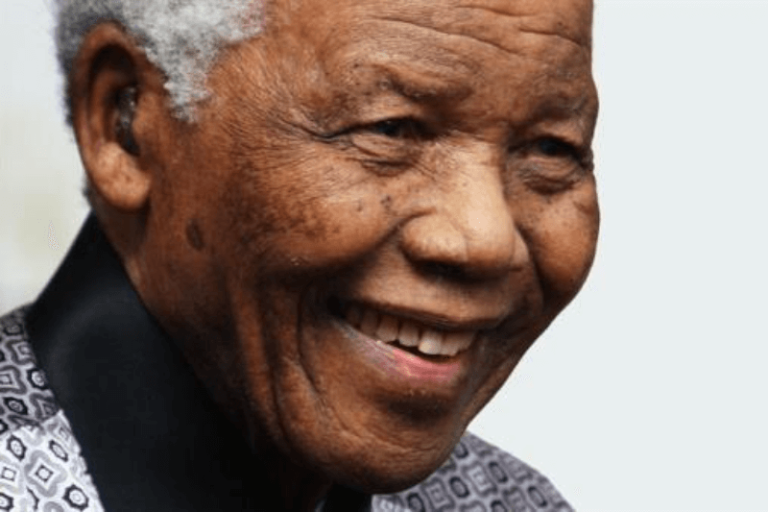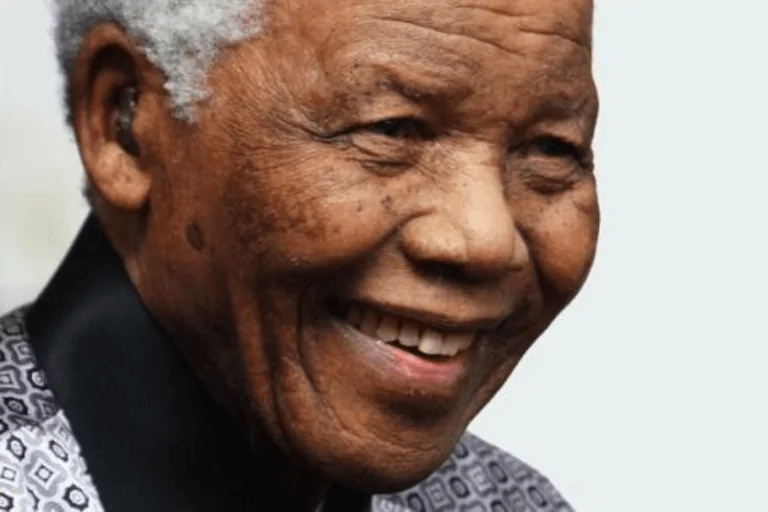

One of the greatest works of political memoirs and freedom literature is Nelson Mandela’s “Long Walk to Freedom.” This autobiography was published in 1994 the year Mandela was elected as South Africa’s first democratic president and the film adaptation came to theaters in 2013. It describes his life from his early years through his 27 year incarceration and his rise to prominence as a global symbol of peace and healing. Racial injustice, political action, selflessness and the value of forgiveness are among the topics covered in the movie.
In so many ways, the film emphasizes the brutalist realities of the apartheid system that institutionalised racial segregation or discrimination by any country of which the South African government is particularly guilty. Viewing the film helps the audience envision the systemic and institutional injustices that Black South Africans encountered including deprivations and denials in areas of basic rights, oppression through dissent or violent suppression by any form of resistance.
This movie follows the history of Mandela from an activist to a seasoned leader. His commitment to nonviolent protest inspired by Mahatma Gandhi is seen in his efforts in the African National Congress Youth League and the great Defiance Campaign. However with the growing brutality of the regime, it became apparent to Mandela and other comrades that the struggle required armed resistance. Mandela was then arrested and eventually spent 27 years in jail.
The movie does not shy away from showing the personal sacrifices Mandela made including the toll on his family and the emotional toll of being separated from his loved ones. This human element fosters a connection with the audience emphasizing that the struggle against apartheid was not merely a political battle but a deeply personal one as well.
“The Long Walk of Nelson Mandela” also emphasizes the strength of resilience and forgiveness. Following his release from prison, Mandela’s approach to reconciliation instead of retribution became the hallmark of his leadership. The film shows his efforts in uniting a divided nation advocating for peace and understanding which ultimately led to the dismantling of apartheid and his election as South Africa’s first Black president.
In a nutshell, “The Long Walk of Nelson Mandela” is a reminder of the struggle against apartheid and the spirit of resistance that has endured. The film through the life story of Mandela portrays the complexities of fighting for justice, the importance of leadership in times of crisis and the transformative power of forgiveness. It encourages viewers to reflect on their own roles in the pursuit of equality and justice making it a very important contribution to the discourse on human rights and social justice.
Kenyan sprint star Ferdinand Omanyala finished second at the opening race of the Diamond League in Xiamen, China, on Saturday.…
The incessant rains have caused flooding in Durban and its neighboring areas. It has disrupted several core areas, with a…
Cross-border activity suffered vast disruption when the new ban started at midnight Thursday with its direct impact on border checkpoints…
South African Bank fined R700,000 after determining the institution misrepresented a credit product as an investment opportunity. Following its December…
EA Sports shows that Toronto Maple Leafs will stop their 58-year title wait by beating the Colorado Avalanche in seven…
Pope Francis, the first Latin American pope of the Roman Catholic Church, passed away in the morning of his 88th…
This website uses cookies.